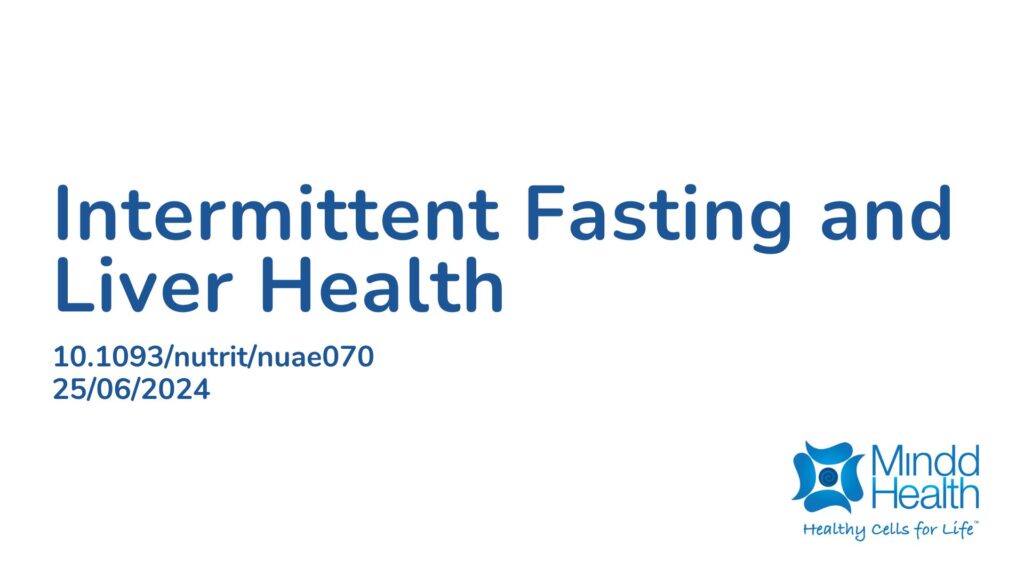Summary:
Intermittent fasting (IF) involves alternating periods of calorie restriction and eating. There are various ways in which it can be done, some opting for 18 hour non-eating windows, and others less. While IF is known to help with weight loss and reduce cardiometabolic risks, its effects on liver function tests (LFTs) are not well understood. This study reviewed and analyzed data from 14 randomized controlled trials, including 908 participants, to assess how IF affects liver enzymes. The analysis found that IF significantly lowered levels of alanine aminotransferase (ALT) and aspartate aminotransferase (AST), which are markers of liver health. These improvements were seen in both healthy individuals and those with nonalcoholic fatty liver disease (NAFLD). IF also reduced gamma-glutamyl transpeptidase (GGT) levels, another enzyme linked to liver function. However, IF did not significantly change alkaline phosphatase (ALP) levels. Overall, intermittent fasting appears to improve certain liver enzyme levels, suggesting a positive effect on liver function. Further research is needed to confirm these findings and explore the long-term benefits of IF on liver health.
Abstract:
Context: Intermittent fasting (IF) is a diet strategy with alternate intervals of calorie reduction and normal eating. Despite its beneficial effects on weight loss and cardiometabolic risk factors, the effect of IF on liver function tests (LFTs) remains unclear. Objective: This study aimed to investigate the effect of IF on LFTs through a systematic review and meta-analysis of randomized clinical trials. Data Sources: An electronic search was performed using predefined search terms in databases including PubMed, Scopus, and ISI Web of Science until February 2023. Data Extraction: The studies were selected according to PRISMA guidelines, and the risk of bias was assessed for the randomized controlled trials. Data Analysis: The results of this study are reported as weighted mean differences (WMDs) with 95% CIs. Fourteen RCTs were included in the meta-analysis, with a total sample size of 908. IF significantly reduced alanine aminotransferase (ALT) (WMD: −2.88, 95% CI: −4.72 to −1.04, P-value = .002) and aspartate aminotransferase (AST) levels (WMD: −1.67, 95% CI: −3.12 to −0.22, P-value = .024). The results of the subgroup analysis showed that the impact of IF was significant in both the nonalcoholic fatty liver disease and the healthy groups for ALT. The effects of IF on the serum gamma-glutamyl transpeptidase (GGT) level were significant (WMD: −3.19, 95% CI: −6.00 to −0.39, P-value = .026), but there were no significant changes in the alkaline phosphatase (ALP) level (WMD: 1.06, 95% CI: −0.23 to 2.34, P-value = .106). Furthermore, no substantial heterogeneity between studies was reported. Conclusion: IF can improve ALT, AST, and GGT levels but not ALP enzyme levels and may have a benefit on liver function.
Article Publication Date: 25/06/2024
DOI: 10.1093/nutrit/nuae070



